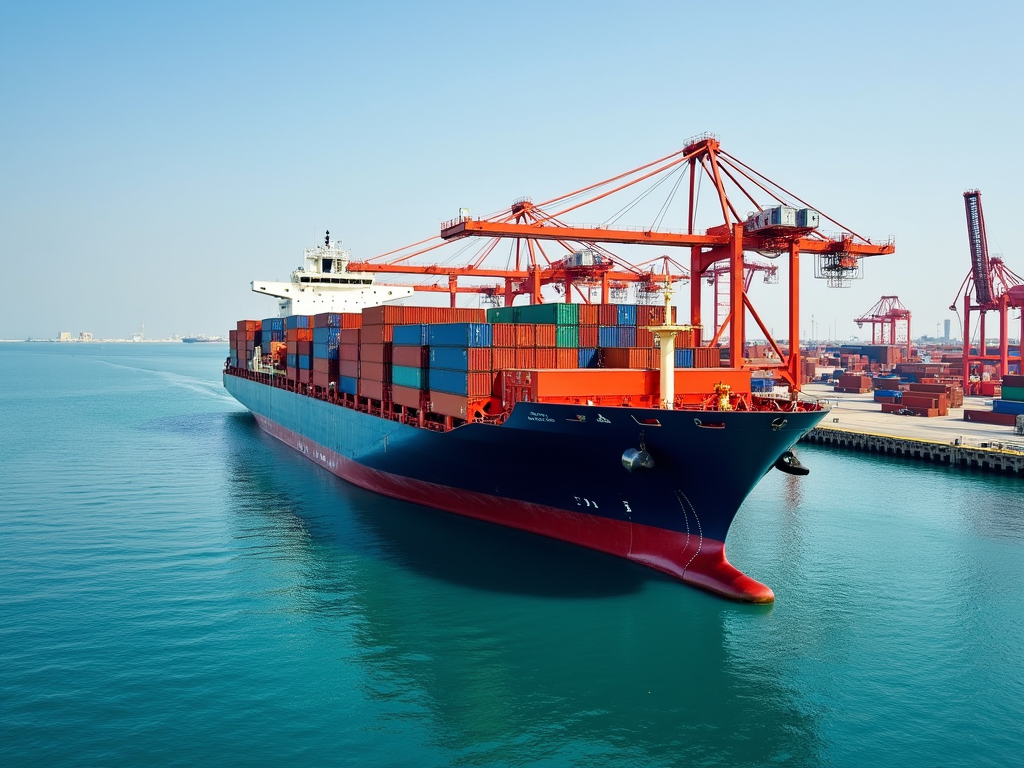Understanding and leveraging Dubai’s extensive network of international trade agreements can significantly facilitate business expansion. The city is strategically located and offers access to numerous markets across the globe. By capitalizing on these agreements, businesses can reduce tariffs, enhance competitiveness, and foster long-term partnerships. In this article, we will explore the key aspects of leveraging these trade agreements and how they can benefit your business growth strategies.
The Importance of Trade Agreements

Trade agreements are treaties between two or more countries that outline the terms of trade between them. Dubai’s strategic positioning as a global logistics hub allows it to engage in various trade agreements, enhancing its role as a gateway to the Middle Eastern, African, and Asian markets. Understanding these agreements is crucial for businesses aiming for expansion as they can lead to:
- Reduced tariffs on products.
- Improved access to new markets.
- Increased competitiveness against local businesses.
- Facilitated entry requirements for foreign investments.
- Collaboration opportunities with international firms.
Key Trade Agreements Relevant to Dubai

Dubai has established numerous trade agreements that cover various regions and sectors. Some of the most significant agreements include:
- GCC Free Trade Agreement: This agreement amongst Gulf Cooperation Council countries facilitates trade amongst member states by reducing or eliminating tariffs.
- Comprehensive Economic Partnership Agreements (CEPA): Dubai has implemented CEPA with countries like India and Pakistan, promoting bilateral trade and investment.
- Free Trade Agreements with key partners: Numerous FTA with countries such as Singapore and the United States that provide favorable trading conditions.
- Agreements within the World Trade Organization (WTO): Being a WTO member, the UAE follows global trading norms that help in trade facilitation.
To make the most out of these trade agreements for business expansion, companies should consider adopting the following strategies:
- Thorough Market Research: Analyze target markets to understand the specific terms and benefits of relevant trade agreements.
- Risk Assessment: Evaluate potential risks associated with entering new markets and devise strategies to mitigate them.
- Network Expansion: Build connections with local businesses and government bodies to enhance market entry and brand acceptance.
- Educational Workshops: Attend workshops and seminars to stay informed about changes in trade policies and opportunities.
- Collaborate with Trade Experts: Partner with trade professionals who can provide insights and guidance on maximizing trade benefits.
Impact of Utilizing Trade Agreements on Business Growth
Businesses that strategically leverage Dubai’s trade agreements often experience considerable growth and enhanced performance. The impact can be seen in various ways, including:
- Improved Supply Chain Efficiency: Reduced tariffs and simplified customs processes ensure a faster and more cost-effective supply chain.
- Access to New Customer Bases: Expanding into countries with favorable trade terms means wider market access and customer engagement opportunities.
- Asset Growth: The ability to import and export at reduced costs can significantly enhance profit margins.
- Brand Recognition: Successfully entering new markets boosts brand visibility and reputation.
- Innovation Opportunities: Exposure to international markets fosters innovation and adaption in products and services.
Conclusion
Leveraging Dubai’s international trade agreements is essential for businesses aspiring to expand beyond local and regional markets. By understanding the importance of these agreements, recognizing the key ones relevant to your trade, and implementing strategic measures to capitalize on them, businesses can achieve significant growth and competitiveness. As global trade dynamics continue to evolve, staying informed and adaptable will be key to leveraging these agreements effectively.
Frequently Asked Questions
1. What are trade agreements?
Trade agreements are treaties between countries that delineate the conditions under which they trade goods and services, often involving tariff reductions and improved trade conditions.
2. Why are Dubai’s trade agreements important for businesses?
Dubai’s trade agreements are essential as they improve market access, reduce operational costs, and enhance competitiveness in international markets.
3. How can a business find out about relevant trade agreements?
Businesses can research trade agreements via government trade departments, international trade organizations, or industry associations focused on trade and commerce.
4. Are there specific trade agreements for certain industries in Dubai?
Yes, Dubai has tailored trade agreements that cater to specific industries, especially those that are crucial to the country’s economy, like logistics, technology, and healthcare.
5. Can small businesses benefit from trade agreements in Dubai?
Absolutely! Small businesses can leverage trade agreements to reduce costs, expand their reach, and improve their competitive positioning in the global marketplace.
